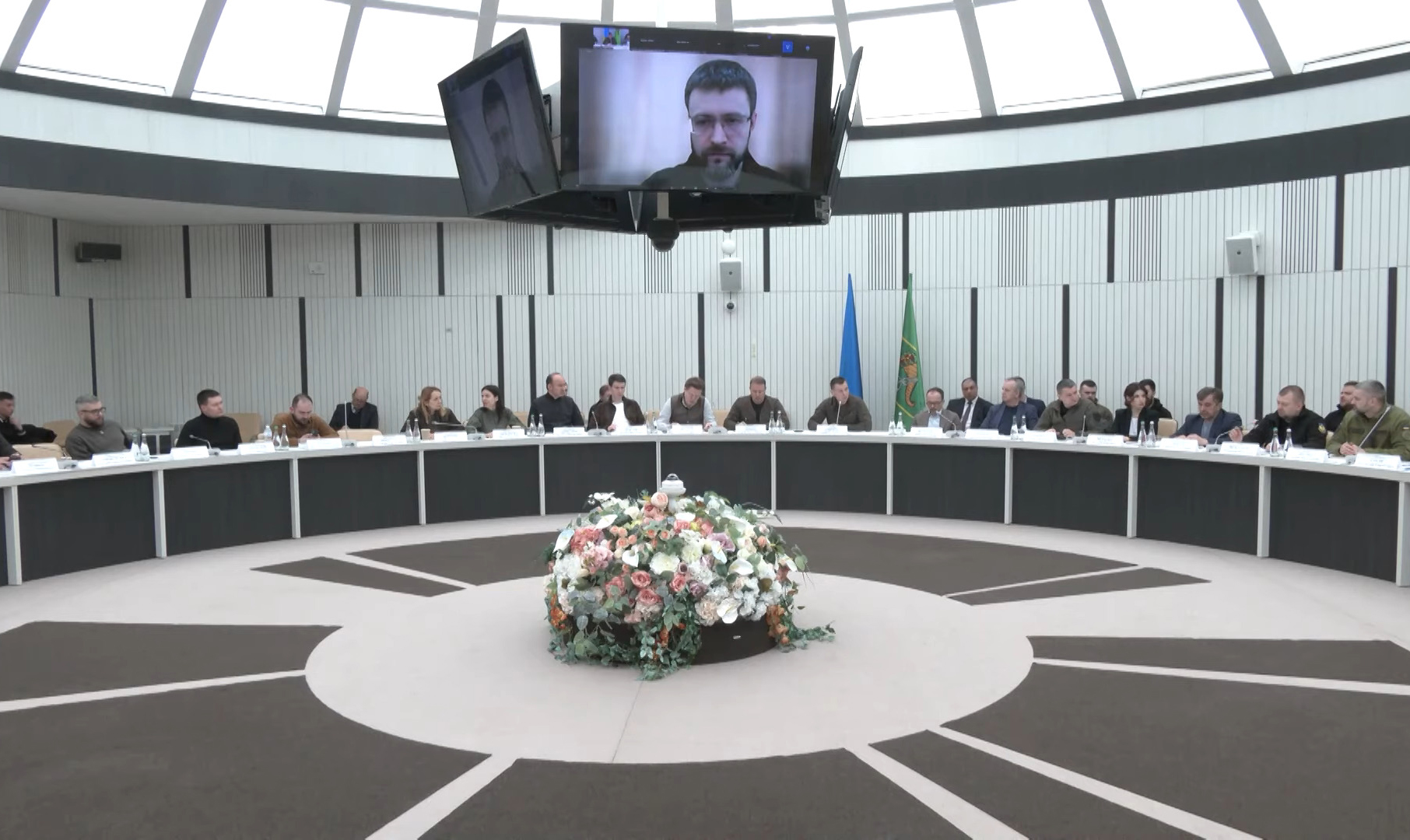For all it achieved, this commission might not have been created

The Commission was given three main tasks:
- It was to prepare and revise draft laws and other legislative decisions of the Ukrainian parliament. These concerned: (a) the implementation of the principles and norms of international humanitarian and criminal law as they regulate the conduct of the parties to a conflict and establish responsibility for the commission of international crimes; (b) the observance and defence of the rights and liberties of individuals both in areas of active fighting and in temporarily occupied territories (the civilian population; the wounded and the sick; prisoners of war and others); and (c) the defence of civilian installations, especially those of cultural value, during a war.
- The Commission was to make a preliminary assessment and formulate conclusions concerning State programmes. It would provide agreement to the obligatory international treaties signed by Ukraine or withdrawal from the same.
- The Commission would cooperate with the Ukrainian government (Cabinet of Ministers) and the parliamentary commissioner for human rights concerning the observation and defence of the rights and liberties of individuals both in areas of active fighting and in temporarily occupied territories (the civilian population; the wounded and the sick; prisoners of war and others).
Each of these tasks appear important and urgent. By the time the Commission was created the country had long been engulfed by the military conflict unleashed by Russia, which reached a peak following the invasion of 24 February 2022. The creation of a such a Commission appeared rational and justified. However, its activities fell far short of anything that might be termed success.
One, the Commission was put in charge of only one law, the draft law “On the adoption and observance of the norms of international humanitarian law in Ukraine” (No. 8628, 6 December 2022). It’s not clear why the Commission was not given responsibility for the numerous draft laws concerning the introduction of changes in the Ukrainian Criminal Code linked to the ongoing armed conflict. One example is the draft government law (No. 7290, 15 April 2022) concerning changes in Ukraine’s Criminal and Criminal-Procedural Codes: this covered major changes to bring the country’s Criminal Code in line with the norms of international criminal law concerning responsibility for committing acts of genocide, crimes against humanity, war crimes, and the crime of aggression. Another draft law (No. 9204, 13 April 2023) was that covering “Changes in the Criminal Code concerning the forced deportation of individuals from Ukraine”. A third draft law (No. 8325, 30 December 2022) concerned changes in the Criminal Code and other legislative acts relating to the “forcible mobilisation in unlawful armed or paramilitary forces in temporarily occupied territories and / or the armed or paramilitary forces of the Aggressor”.
Two, the Commission was not even successful in promoting the only law for which it was allotted the main responsibility. As far back as 26 December 2022 the Commission promptly recommended that law No. 8628 be adopted during its first reading. It was subsequently relegated to the parliamentary backlog, however, and has still not been approved.
Three, with other parliamentary committees the Commission was tasked to examine a number of other draft laws: one example was law No. 7570 (20 July 2022), covering changes in the Criminal and Criminal-Procedural Codes that concerned “responsibility for collaborationist activities and related offences”. In relation to none of these draft laws, however, did the Commission conclude that they might be adopted at the first reading.
Four, the summary that the Commission provided of its activities leaves a strange impression. Much of the report is devoted to the participation of Commission members in various meetings and events linked to Russia’s military aggression against Ukraine: it’s hard to see how this helped the Commission to implement the principles and norms of international humanitarian and criminal law. An even larger part of the report is made up of statistical information provided by the executive, e.g., the number of criminal cases concerning crimes and offences committed as part of the ongoing conflict or the total number of internally displaced people. On the other hand, it is not clear from the report how the Commission cooperated with the parliamentary commissioner for human rights to ensure that the rights and liberties of individuals both in areas of active fighting and in temporarily occupied territories were respected and defended, yet such cooperation was explicitly mentioned among the Commission’s main activities.
We are forced to conclude that the activities of the Commission form yet one more example in the history of Ukrainian parliamentarism when a rational and useful proposal was not implemented. The Commission’s low efficiency shows that issues of international humanitarian and criminal law have still not received sufficient attention from our parliament although Ukraine has now been involved in an international military conflict for the past ten years.